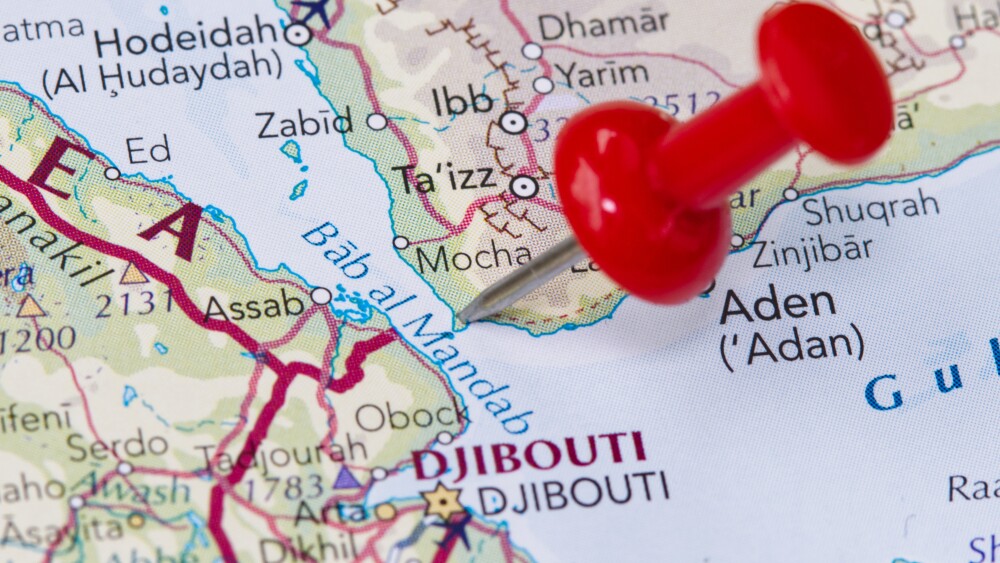If the international community wants Yemen’s Internationally-Recognized Government to resume control over the country they represent, it has a strange way of encouraging it. Yemen’s foreign partners keep their embassies to Yemen outside the country, mostly in Saudi Arabia. Rashad al-Alimi, chair of the Presidential Leadership Council, is a resident of Saudi Arabia, and many ministers or senior leaders live in Egypt or the United Arab Emirates.
Rashad al-Alimi, chair of the Presidential Leadership Council, is a resident of Saudi Arabia, and many ministers or senior leaders live in Egypt or the United Arab Emirates.
Even though the Internationally-Recognized Government has temporarily relocated to the southern city of Aden, after the Houthis conquered Yemen’s capital Sana’a, the United Nations retains its offices in Sana’a, effectively allowing the Houthis to hold its personnel and operations hostage. There is no reason the United Nations does not force its offices to relocate to Aden other than negligence and apparent disdain of men like Secretary-General António Guterres, who see their role as jet-setting and virtue signaling but not managing or ensuring employee welfare.
The real problem, however, is the northern component of the Presidential Leadership Council—men like Alimi and Sa’dah tribal leader Othman Hussein Megali, who hails from the Houthi heartland. Except for tribal leader Sultan Ali al-Arada, who mostly remains in Marib, and National Resistance leader Tareq Saleh, who spends his time in Mocha, the northerners prefer Saudi Arabia to their home country. Al-Arada, meanwhile, remains so focused on his efforts to establish his own fiefdom in Marib that he seldom visits Aden and almost never attends Presidential Leadership Council meetings there. In the context of national politics, Arada is an autopen without any ink.
As the dysfunctional Presidential Leadership Council heads toward reform, it is crucial to ensure the northern politicians live in Yemen for the sake of their legitimacy and the council’s. Politicians might hold consultations in Riyadh or Abu Dhabi, but they should not remain there for more than a day or two.
To base governance over liberated northern territories from Mocha would symbolize the investment of politicians in their country.
Just as Southern Transitional Council members live and govern Aden and its environs, the northern politicians should relocate to Mocha, a northern Yemeni city along the Bab-el-Mandab. Saleh, in coordination with the Southern Armed Forces, secure Mocha. The town has a port and an airport. To base governance over liberated northern territories from Mocha would symbolize the investment of politicians in their country. Mocha’s proximity to Hodeidah also would symbolize the commitment of the recognized government to regain territory seized by the Iranian-backed insurgents and allow the next generation of Yemeni leaders to demonstrate their abilities to govern rather than simply posture externally.
The Houthis have been a scourge on Yemen for long enough. Just as earlier generations resisted Zaydi efforts to impose themselves upon the entire country, it is time for the current generation to push the Houthis back to Sa’dah and to capture and try for murder their Islamic Revolutionary Guard Corps and Hezbollah advisors. Until Alimi and Megali realize their home country is Yemen and not Saudi Arabia, and until Al-Arada realizes an ambition greater than Marib’s warlord, the northerners will fail.
It is time for the next step: All Yemeni politicians should be in Yemen. All embassies to Yemen should be in Yemen, and all United Nations offices should be in liberated zones.








